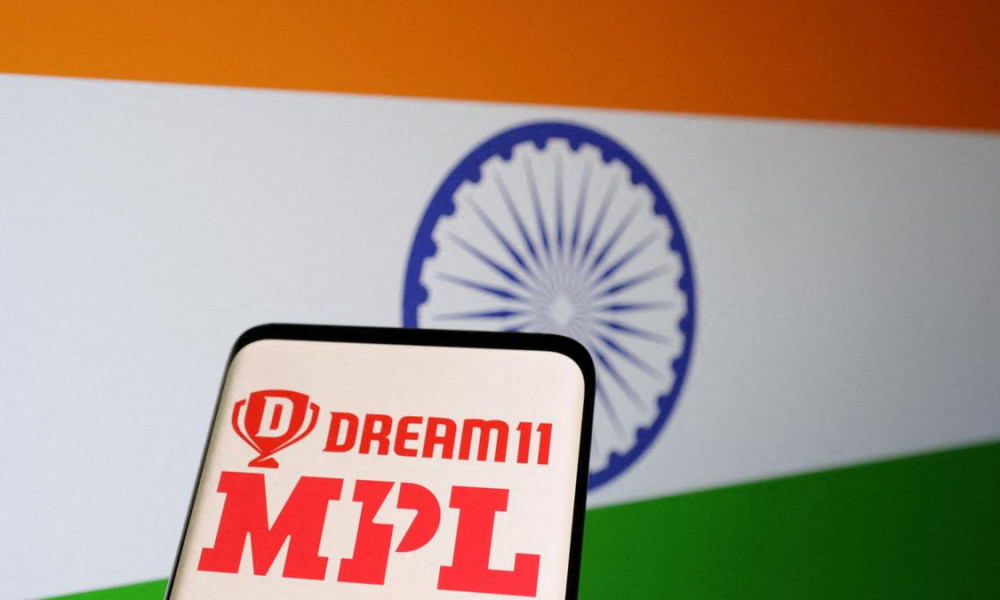The online gaming world in India has just been rocked by major news. Mobile Premier League, or MPL, is making significant cuts to its workforce, letting go of about 60% of its local team. This drastic move comes on the heels of the Indian government’s recent ban on paid gaming, a decision that has sent shockwaves through the industry. MPL is the first big player to react in this way, highlighting the immediate and severe impact of the new legislation.
Prime Minister Narendra Modi’s government introduced the ban this month, citing serious concerns about financial risks and addiction, particularly among young people. This has led to the shutdown of numerous gaming apps that feature paid fantasy cricket, rummy, and poker games, fundamentally shifting the landscape of online entertainment in the country. The gaming industry, once projected to hit a value of $3.6 billion by 2029, now faces an uncertain future.
Companies like MPL and its major competitor Dream11 soared in popularity by offering these paid fantasy cricket games, where players could win real financial prizes. Now, with the ban in place, the very foundation of their business model in India has been uprooted.
So, where does India’s gaming industry stand now without real money games? That’s the burning question on everyone’s mind. The industry has consistently argued that these games rely on skill, not chance, setting them apart from gambling, which has always been highly restricted in India. However, the government’s stance appears to be firm.
MPL is now shifting its focus to free to play games and intensifying its efforts in the US market. As part of this strategic pivot, a company source revealed on Sunday that approximately 300 of MPL’s 500 India staff will be affected. The job cuts will span various departments, including marketing, finance, operations, engineering, and legal. This means a significant number of positions are being eliminated.
In an internal email sent on Sunday, MPL CEO Sai Srinivas expressed the difficult decision. He wrote, “with a heavy heart we have decided that we will be downsizing our India Team significantly.” While the email did not specify the exact number of job cuts, the source confirmed the 300 figure. Srinivas also assured staff that the company is committed to providing support to those impacted during this challenging transition. He further explained the gravity of the situation, stating that “India accounted for 50% of M-League’s revenues and this change would mean that we would no longer be making any revenue from India in the near future.” This highlights the immense financial blow the ban has dealt.
MPL declined to comment when contacted by Reuters for further details.
This isn’t an isolated event. Dream11, another titan in the Indian gaming space, has also halted its fantasy cricket offerings. Many other apps that provided paid poker and rummy card games have followed suit, ceasing their operations. The entire sector is grappling with the new regulations.
MPL, backed by notable venture capital firms such as Peak XV Partners, formerly Sequoia Capital India, was valued at a staggering $2.3 billion in 2021, according to Pitchbook data. Last year, MPL’s India revenue alone was approximately $100 million. Dream11, its rival, boasts an even higher valuation of $8 billion. These figures underscore the financial scale of the sector before the ban.
While MPL and Dream11 have chosen not to pursue legal challenges against the government’s ban, one Indian gaming company, A23, has taken a different path, challenging the ban last week. This indicates a division within the industry on how to respond to the new regulatory environment. The future of online **gaming** in India, particularly for those offering paid options, remains highly uncertain as companies adapt to this new reality.

